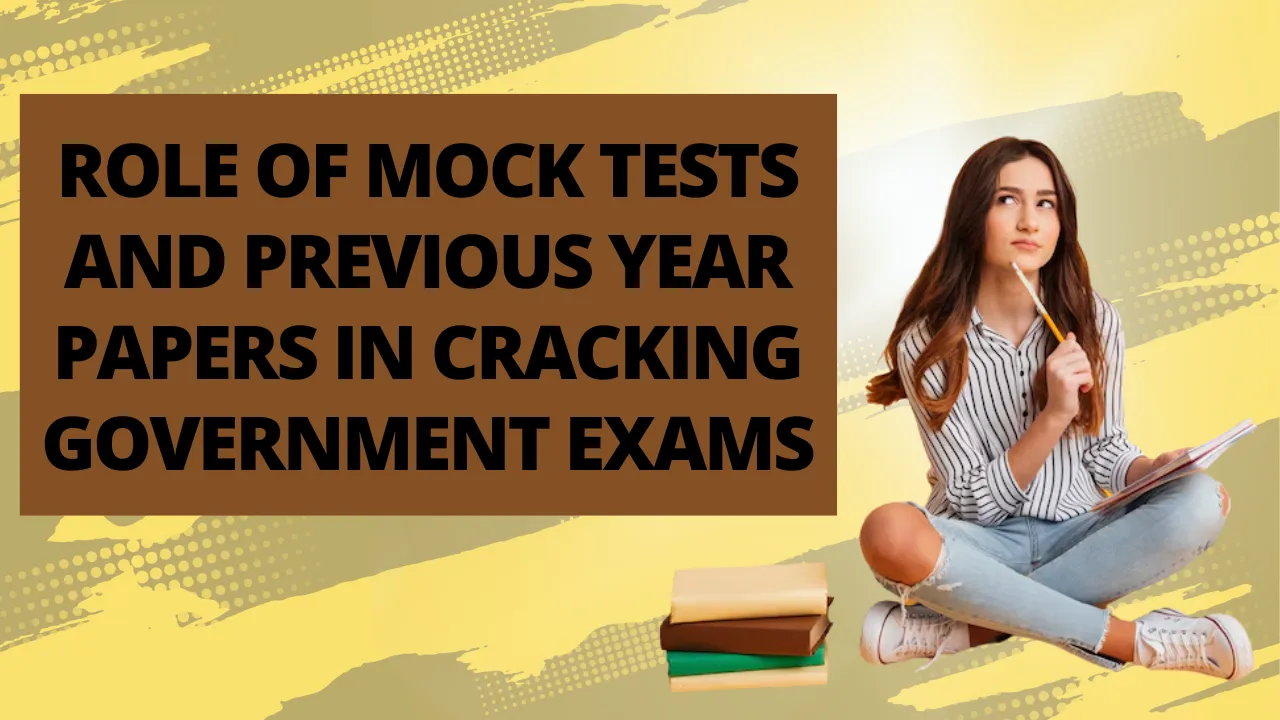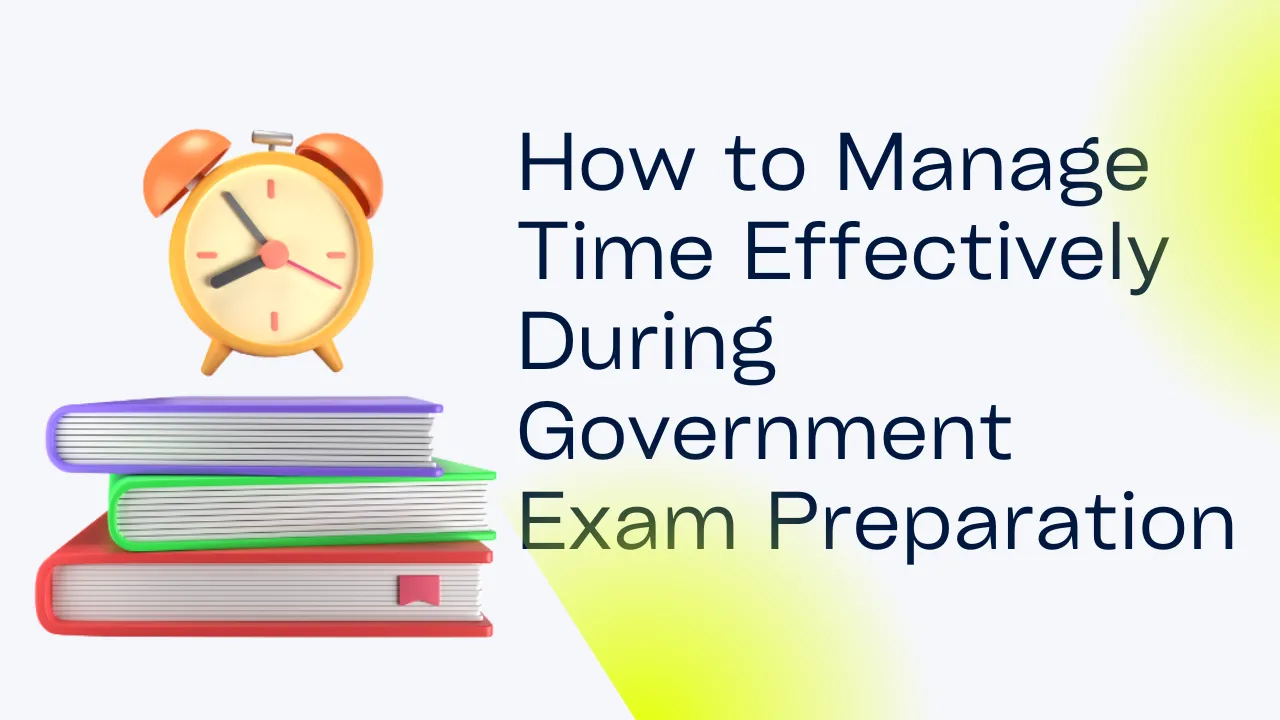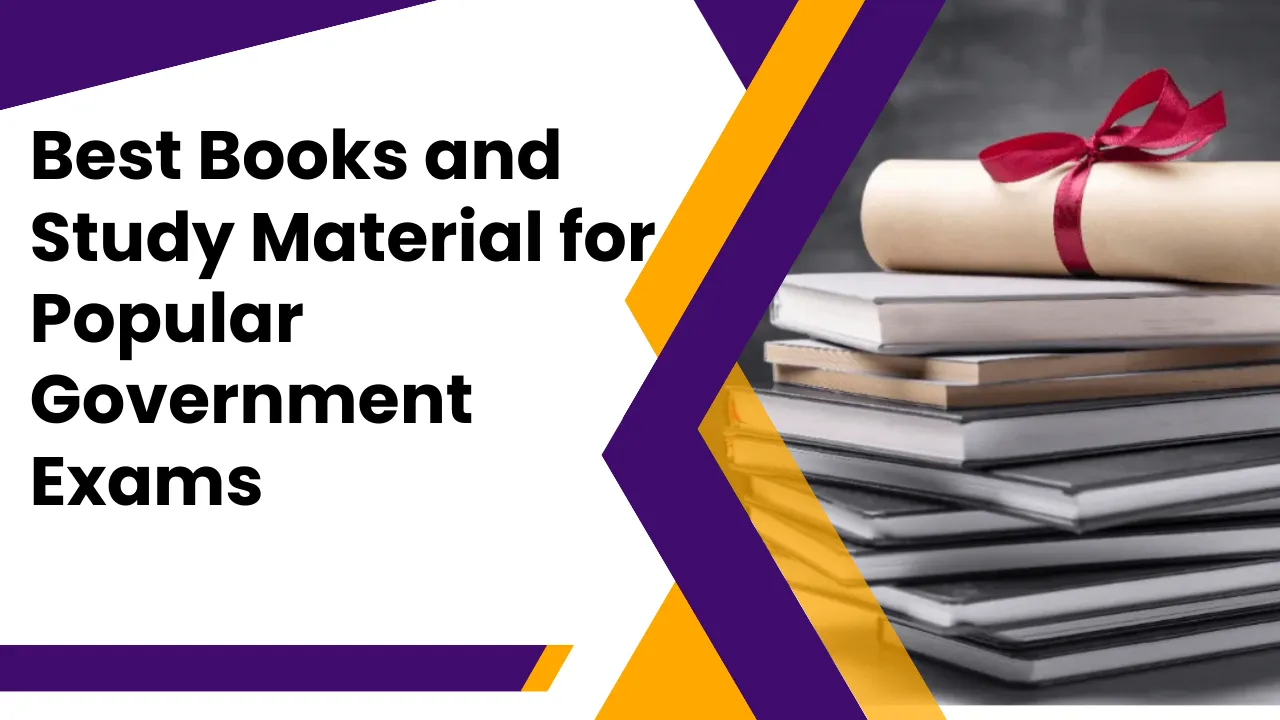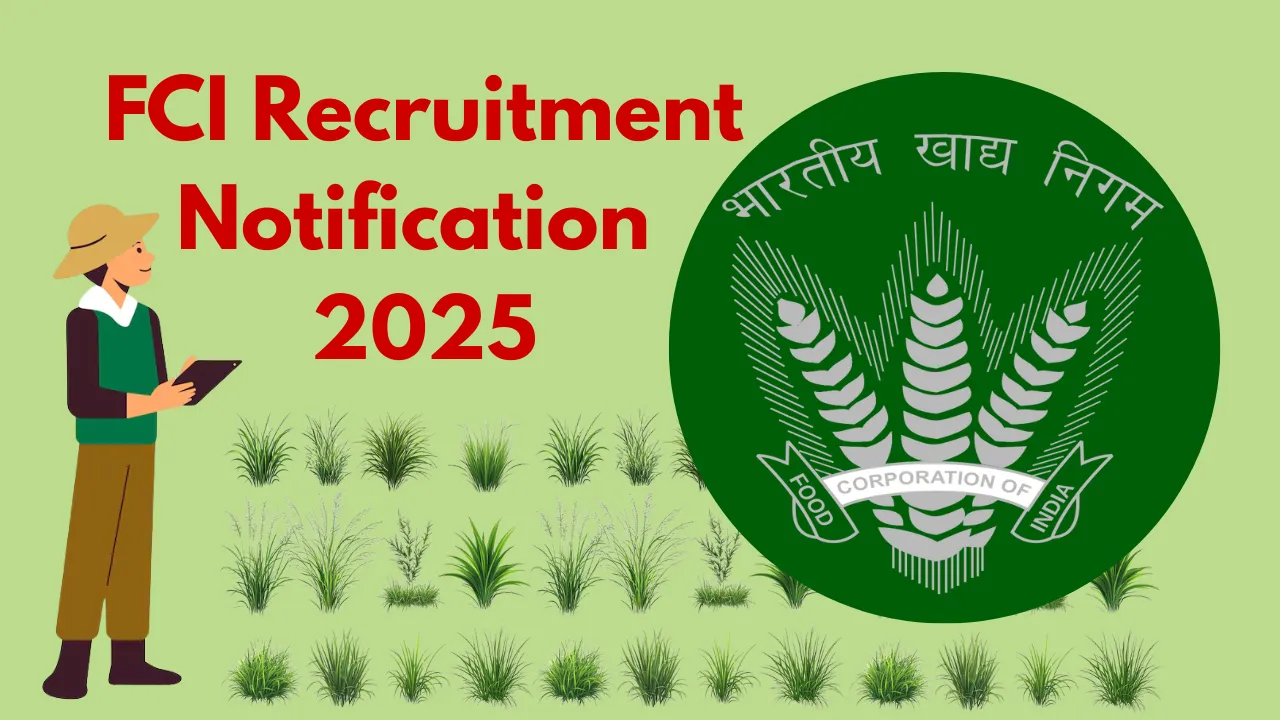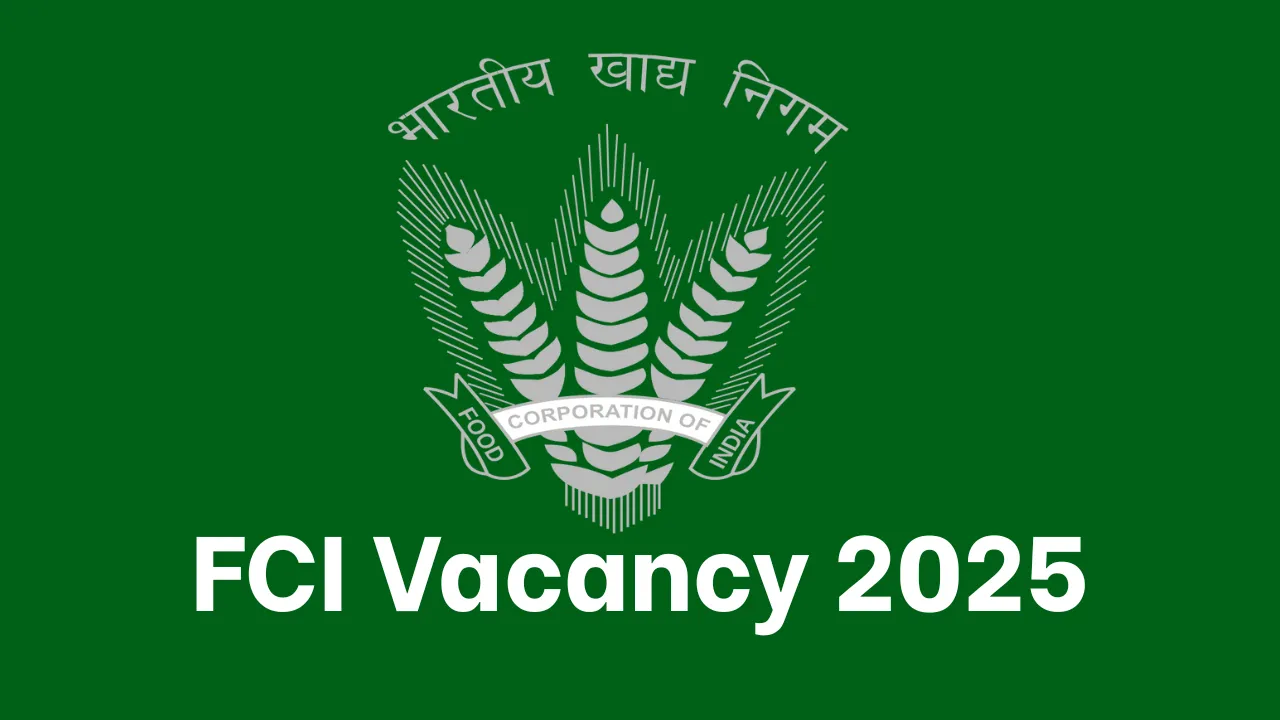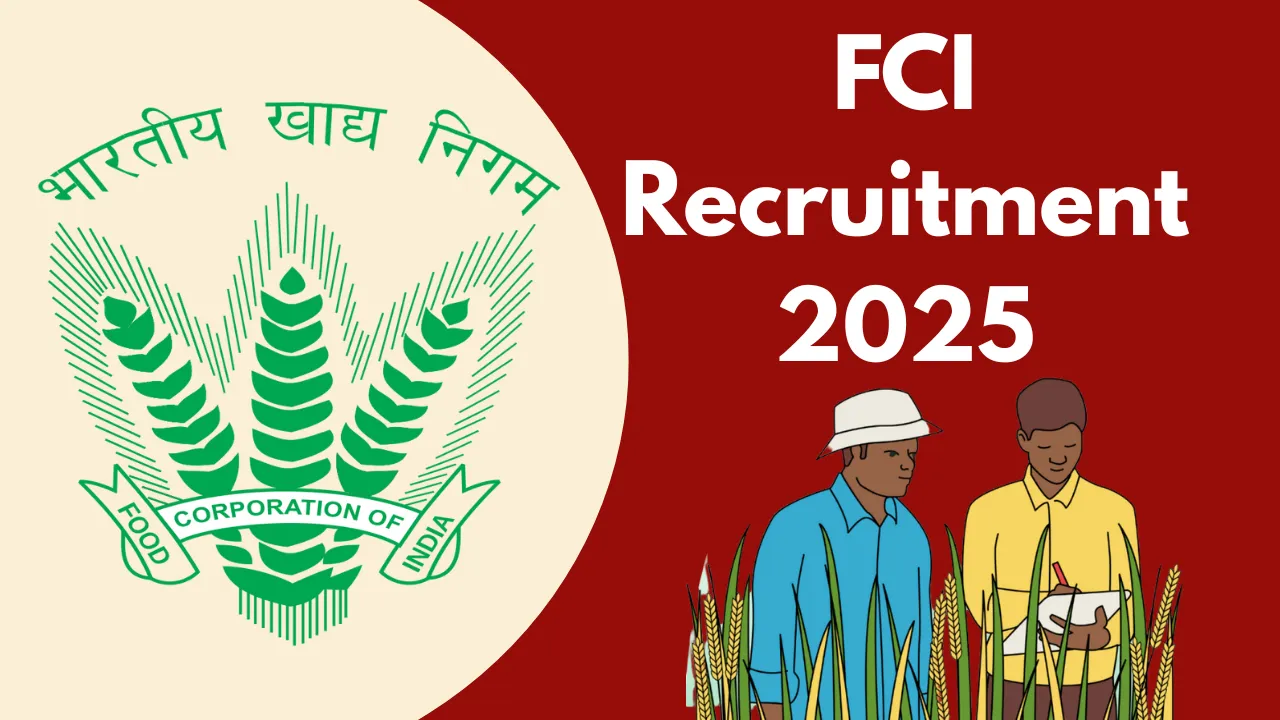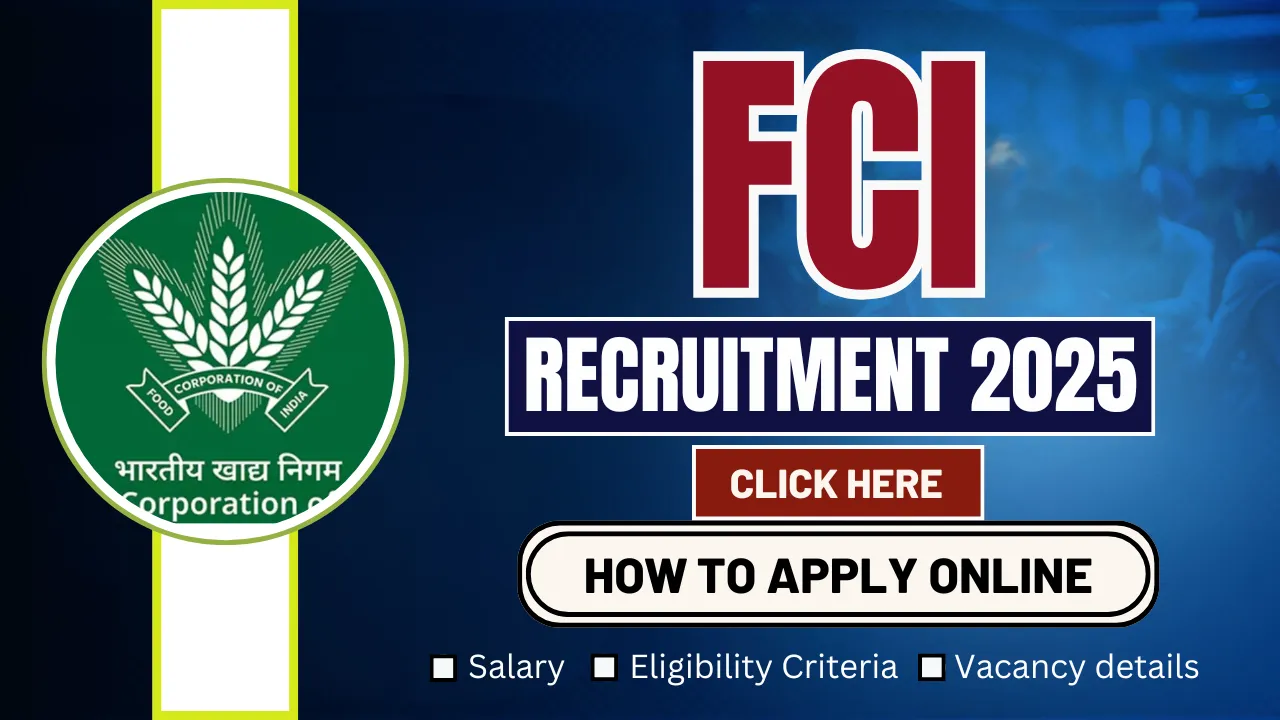Role of Mock Tests and Previous Year Papers in Cracking Government Exams: The role of mock tests and previous year papers in cracking government exams cannot be overstated. For any serious aspirant, these two tools are essential for turning preparation into success. While studying theory and concepts is important, it’s the smart use of mock tests and past papers that truly sharpens exam readiness.
In this article, we will explore how the role of mock tests and previous year papers in cracking government exams goes beyond simple practice, and how you can use them effectively to boost your chances of success.
Why Mock Tests Are Essential for Government Exam Preparation
Mock tests are designed to replicate the actual exam experience. They are more than just question papers—they are strategic tools that help you prepare mentally, physically, and academically.
Key Benefits of Mock Tests:
- Simulate Real Exam Conditions: Mock tests give you a feel of the actual exam, helping reduce anxiety and boosting confidence.
- Improve Time Management: Practicing within a time limit trains you to allocate time wisely across sections.
- Identify Weak Areas: Each test highlights topics where you struggle, allowing you to focus your revision.
- Enhance Speed and Accuracy: Regular practice helps you solve questions faster without compromising accuracy.
- Develop Exam Strategy: You learn when to attempt certain sections, how to handle difficult questions, and when to skip.
- Track Progress: Watching your scores improve over time keeps you motivated.
When used correctly, the role of mock tests and previous year papers in cracking government exams becomes a game-changer for aspirants.
Importance of Previous Year Papers in Exam Success
Previous year papers are a goldmine for understanding what the examiners expect. They offer insight into question patterns, difficulty levels, and important topics.
Key Benefits of Solving Previous Year Papers:
- Understand Exam Pattern: Get familiar with the structure, marking scheme, and types of questions.
- Spot Frequently Asked Topics: Many questions or topics repeat over the years, helping you prioritize your studies.
- Gauge Difficulty Level: Know what level of preparation is needed to match the exam standards.
- Practice Real Questions: These are actual questions that appeared in past exams—nothing prepares you better.
- Boost Confidence: Successfully solving past papers reassures you that you’re on the right path.
- Great for Revision: They offer a practical way to test your knowledge after covering the syllabus.
The combined role of mock tests and previous year papers in cracking government exams lies in bridging the gap between knowing concepts and applying them under exam pressure.
Effective Strategies to Use Mock Tests and Previous Year Papers
To maximize the role of mock tests and previous year papers in cracking government exams, follow these strategies:
1. Schedule Regular Practice
- Start with one mock test per week and increase frequency as the exam approaches.
- Solve previous year papers after completing major topics to test your understanding.
2. Simulate Real Exam Conditions
- Attempt tests in a quiet place, follow exact time limits, and avoid distractions.
- This helps train your mind and body for the actual exam day.
3. Analyze Every Test Thoroughly
- Don’t just focus on your score.
- Review incorrect answers, understand mistakes, and revisit weak concepts.
4. Maintain a Progress Tracker
- Record your mock test scores and note areas of improvement.
- Seeing consistent progress can motivate you to push harder.
5. Identify Patterns
- In previous year papers, notice which topics are repeated.
- In mock tests, observe common mistakes like time mismanagement or calculation errors.
6. Use Mock Tests to Experiment
- Try different approaches—like attempting the easiest section first—to see what strategy suits you best.
- By the time of the real exam, you’ll know exactly how to navigate the paper efficiently.
7. Stay Positive
- Low scores in mock tests are part of the learning process.
- Focus on improving, not just scoring high immediately.
8. Combine Both Resources Smartly
- Use previous year papers to understand the exam’s demands.
- Use mock tests to practice those demands in a timed environment.
How These Tools Help in Different Government Exams
Whether you’re preparing for SSC, UPSC, Banking, Railways, or State PSC exams, the role of mock tests and previous year papers in cracking government exams remains crucial.
- For SSC and Banking: Speed and accuracy are key. Mock tests help master quick problem-solving, while past papers show recurring question types.
- For UPSC: Understanding the pattern and depth of questions through previous year papers is vital. Mock tests, especially for Prelims, help manage time and improve MCQ handling.
- For State Exams: Both tools help adapt to state-specific patterns and question trends.
FAQs
1. How many mock tests should I take before a government exam?
Aim for at least 20-30 full-length mock tests before the exam. The more you practice, the better.
2. When should I start solving previous year papers?
Once you’ve covered a good portion of the syllabus, start solving past papers to test your preparation.
3. Are mock tests really necessary if I study well?
Yes, because knowing concepts is different from performing under timed exam conditions.
4. Can I rely only on previous year papers for preparation?
No, they should be used as a supplement to your study plan, not the sole resource.
5. How do I analyze my mock test performance effectively?
Review each question, understand why mistakes happened, and categorize them into conceptual errors, silly mistakes, or time issues.
Final Thought
The role of mock tests and previous year papers in cracking government exams is more than just practice—they shape your preparation strategy, boost your confidence, and train you for real success. Use them wisely, stay consistent, and watch your performance improve with each test. If you found this guide helpful, share it with fellow aspirants or comment below with your preparation tips. For more exam strategies and study resources, explore our other articles!
